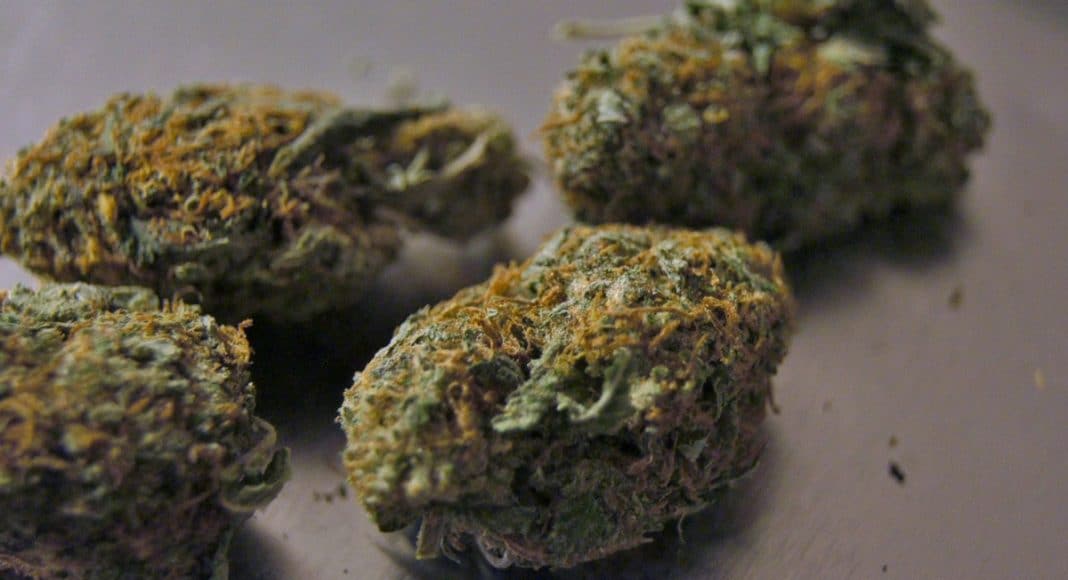More than 10,000 patients in Pennsylvania have registered with the state to take part in the state’s medical marijuana program, according to the state’s Department of Health. The agency reported earlier this week that nearly 1,200 physicians have been certified to participate in the program.
“Patients have started to receive their medical marijuana identification cards, bringing us one step closer to getting medication to patients in the next four months,” Gov. Tom Wolf said in a news release. “Our grower/processors are well underway, and our dispensaries are approaching the point where they will be ready to open their doors. Patients who are desperately waiting for this medication will soon find relief.”
-
Related Story: Pennsylvania Gives Green Light For First Marijuana Crop
The Department of Health also has approved eight grower/processors to begin operations. In order to become operational, the grower/processors underwent several inspections. The grower/processors will now be able to begin accepting seeds and clones to grow medical marijuana.
“We have four grower/processors in the final stages of their inspection process,” Acting Health Secretary and Physician General Dr. Rachel Levine said. “We have been working with them to make sure they are meeting all of the standards set out by the regulations and their facilities are safe and secure. At this time, we do not foresee any issues with the remaining facilities that would prevent them from becoming operational.”
-
Related Story: Philly Mayor Kenney: Pennsylvania Should Legalize Marijuana
Levine said she has been pleased with the medical communities response to the program. “Physicians play a critical role in this medically-focused program,” Levine said. “The response has been encouraging from the medical community as more doctors are becoming educated on how medical marijuana can help their patients.”
The state’s medical marijuana program became effective on May 17, 2016, and is expected to be fully implemented sometime in 2018. The program will offer medical marijuana to patients who are residents of Pennsylvania and under a practitioner’s care for the treatment of a serious medical condition as defined by the Medical Marijuana Law.
Th 17 “serious medical conditions” under the state’s program include:
- Amyotrophic Lateral Sclerosis.
- Autism.
- Cancer.
- Crohn’s disease.
- Damage to the nervous tissue of the spinal cord with objective neurological indication of intractable spasticity.
- Epilepsy.
- Glaucoma.
- HIV (human immunodeficiency virus) / AIDS (acquired immune deficiency syndrome).
- Huntington’s disease.
- Inflammatory bowel disease.
- Intractable seizures.
- Multiple sclerosis.
- Neuropathies.
- Parkinson’s disease.
- Post-traumatic stress disorder.
- Severe chronic or intractable pain of neuropathic origin or severe chronic or intractable pain in which conventional therapeutic intervention and opiate therapy is contraindicated or ineffective.
- Sickle cell anemia.


